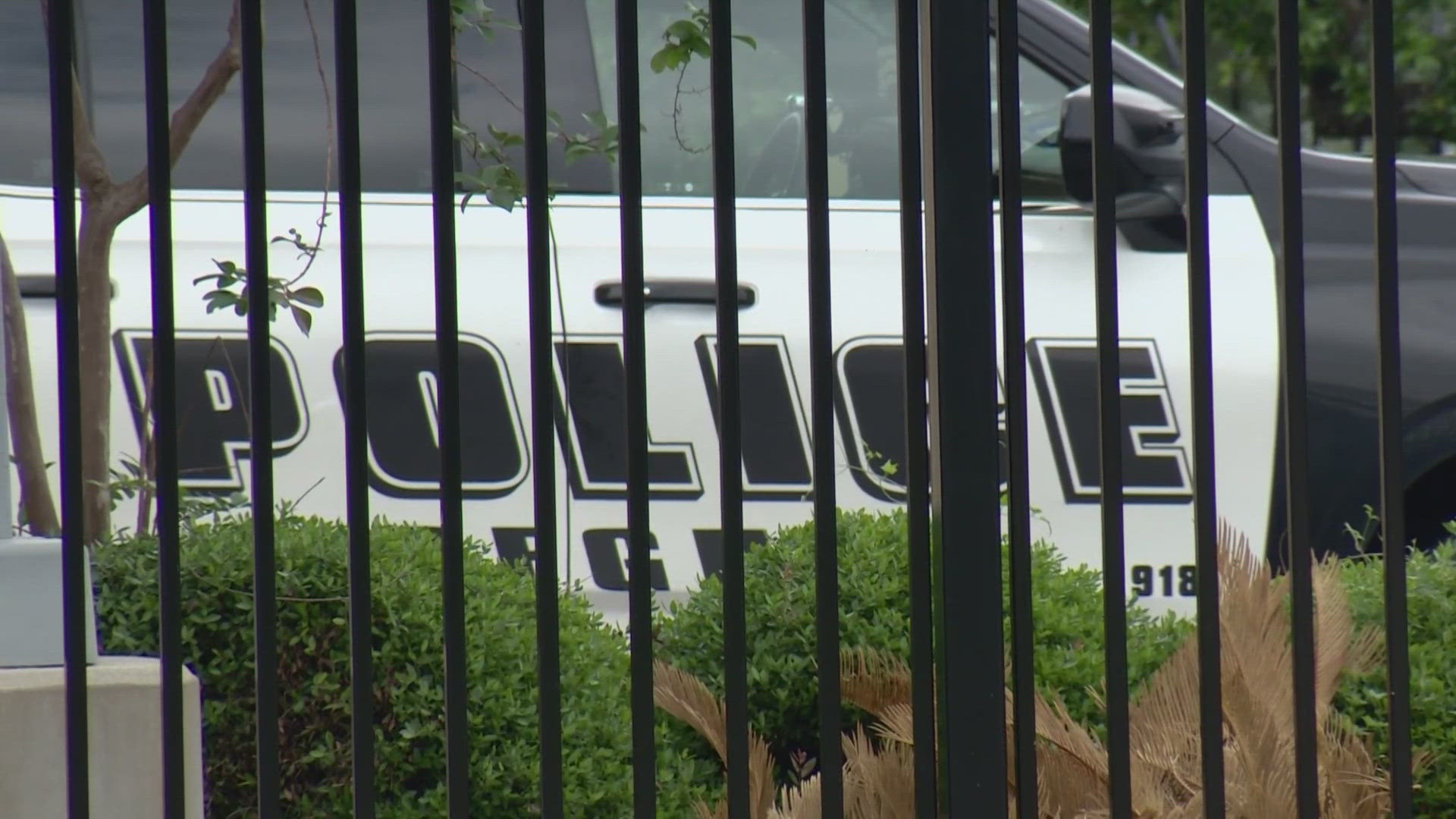SEGUIN, Texas — A crisis counselor is urging the public to be extra vigilant and look for the red flags of potential domestic violence following a shooting in Seguin over the weekend that left a 16-year-old in critical condition.
“Unfortunately, domestic violence is one of those things that we as children learn from other people in the community, from the adults in our community,” said Julie Strentzsch, CEO of the Crisis Center of Comal County. “Part of what our job is, is to teach families and children and individuals healthy ways of communication.”
The shooting happened Saturday afternoon along the 1200 block of West Court St., near Texas Lutheran University. Seguin police found a 16-year-old girl bleeding from her head who was then airlifted to a San Antonio hospital.
Authorities said she remains in critical condition as of Tuesday.
Authorities took the alleged shooter, a 14-year-old, into custody. He turned out to be the girl’s boyfriend, and faces a charge of aggravated assault with a deadly weapon causing serious bodily injury.
“One of our problems is just the access, when weapons are included, that kids have,” Strentzsch said.
Access to a firearm in domestic violence situations increases the risk of homicide by 500%, according to Strentzsch.
The Seguin shooting exemplified how far suspected domestic violence can escalate, which is why she is also reminding everyone about the importance of watching out for the signs.
“First of all, just noticing arguments that are happening between young couples, early arguments that are happening between young couples. Is there any kind of pattern of trying to control behavior?” Strentzsch said. “Stalking behaviors, constant phone calls, bad text messages.”
Strentzsch stressed that perhaps the most challenging step for domestic violence victims, especially adolescents, is asking for help, be it from a loved one, law enforcement or a counselor. She said parents and the community overall have a responsibility to report the red flags before its too late.
“I call them warriors when they are able to do that, moving from survivor to thriver,” Strentzsch said. “From a community response, we have to be better. We have to see it and we have to say something.”
To learn more about the Crisis Center of Comal County, go here.
>MORE LOCAL NEWS:
>TRENDING ON KENS 5 YOUTUBE:

